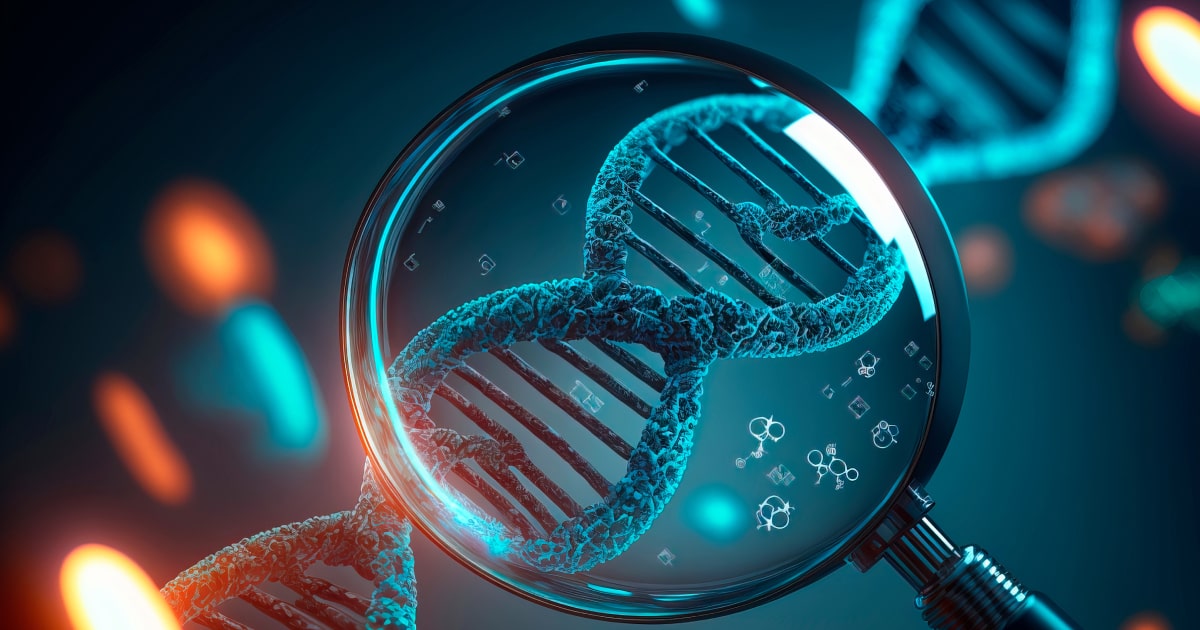
Expert Reviewed By: Dr. Brandon Colby MD
Age-related macular degeneration (AMD) is a leading cause of vision loss among the elderly, and its subtype, Age-Related Macular Degeneration 15 (ARMD15), presents unique challenges in diagnosis and treatment. As our understanding of genetics advances, genetic testing emerges as a powerful tool in combating this debilitating condition. This article explores how genetic testing can revolutionize the approach to ARMD15, offering hope for early detection and personalized management strategies.
Understanding Age-Related Macular Degeneration 15
ARMD15 is a specific form of AMD characterized by genetic variations that influence the disease's progression and response to treatment. This condition affects the macula, the central part of the retina responsible for sharp, detailed vision. As ARMD15 progresses, it can lead to significant vision impairment, affecting daily activities such as reading and recognizing faces.
The Promise of Genetic Testing
Genetic testing for ARMD15 involves analyzing an individual's DNA to identify specific genetic mutations associated with the disease. This testing can provide valuable insights into a person's risk of developing ARMD15, allowing for proactive measures to be taken.
Early Detection and Risk Assessment
One of the most significant advantages of genetic testing is its ability to identify individuals at high risk for ARMD15 before symptoms manifest. By detecting genetic markers linked to the disease, healthcare providers can monitor these individuals closely, implementing preventative strategies to slow the progression of ARMD15.
Personalized Treatment Plans
Genetic testing enables a personalized approach to managing ARMD15. By understanding the specific genetic mutations present in a patient, doctors can tailor treatment plans to address the underlying causes of the disease. This personalized approach can enhance the effectiveness of interventions, potentially improving outcomes for patients with ARMD15.
Guiding Lifestyle Modifications
For individuals identified as high-risk through genetic testing, lifestyle modifications can play a crucial role in managing ARMD15. Genetic insights can guide recommendations for dietary changes, exercise, and other lifestyle factors that may influence disease progression. For instance, incorporating foods rich in antioxidants and omega-3 fatty acids can support eye health and potentially slow the progression of ARMD15.
Supporting Research and Development
Genetic testing not only benefits individual patients but also contributes to the broader understanding of ARMD15. By collecting genetic data from diverse populations, researchers can identify common genetic variations and develop targeted therapies. This research can lead to breakthroughs in treating ARMD15, offering new hope for patients worldwide.
Herbal Treatments: A Complementary Approach
While genetic testing provides a powerful tool for managing ARMD15, complementary therapies, such as herbal treatments, can also play a role. The review article highlights the potential benefits of plants like Artemisia annua and Lycium barbarum in supporting eye health. These herbs contain compounds with antioxidant and anti-inflammatory properties, which may help protect the retina from damage.
Integrating herbal treatments with insights from genetic testing can offer a holistic approach to managing ARMD15. However, it's essential for patients to consult healthcare professionals before starting any new treatment regimen, ensuring that herbal supplements do not interfere with existing medications or treatments.
Conclusion
As the field of genetics continues to evolve, genetic testing stands at the forefront of personalized medicine for ARMD15. By providing early detection, guiding personalized treatment plans, and supporting lifestyle modifications, genetic testing offers a comprehensive approach to managing this challenging condition. Combined with complementary therapies such as herbal treatments, patients with ARMD15 can access a multi-faceted strategy to preserve their vision and improve their quality of life.
For further reading on herbal treatments for AMD, please refer to the following reference: Herbal Treatments for Age-Related Macular Degeneration.
About The Expert Reviewer
Dr. Brandon Colby MD is a US physician specializing in the personalized prevention of disease through the use of genomic technologies. He’s an expert in genetic testing, genetic analysis, and precision medicine. Dr. Colby is also the Founder of and the author of Outsmart Your Genes.
Dr. Colby holds an MD from the Mount Sinai School of Medicine, an MBA from Stanford University’s Graduate School of Business, and a degree in Genetics with Honors from the University of Michigan. He is an Affiliate Specialist of the American College of Medical Genetics and Genomics (ACMG), an Associate of the American College of Preventive Medicine (ACPM), and a member of the National Society of Genetic Counselors (NSGC)